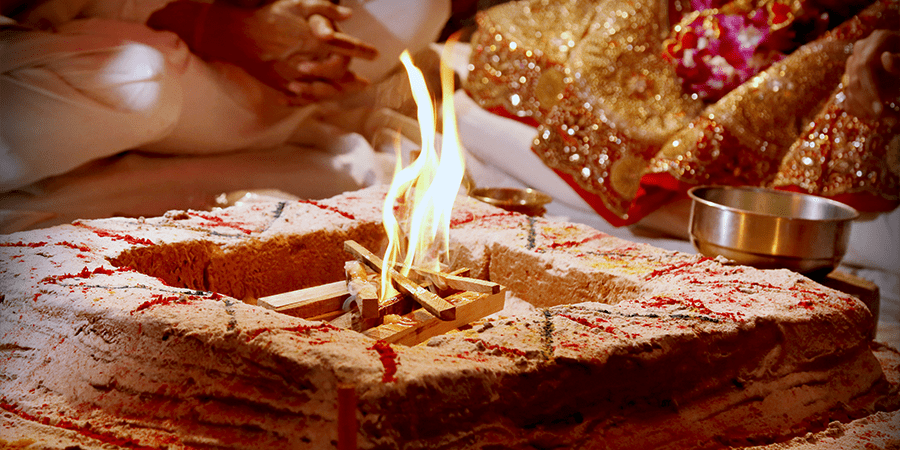
“India is a country in which every great religion finds a home” – Annie Besant
India is a diverse country, comprising of various religions, which are characterised by individual religious beliefs and practices. Due to religion-specific civil codes that govern these religions consequently marriages are governed by different personal laws. However, alarm bells start to ring when practices and beliefs of followers of these religions get entangled within the different laws of the land.
The Hindu Marriage Act, 1955 and the Special Marriage Act, 1954 are well established civil codes which pertain to the issues and legalities of marriage. At times their applicability and scope are unclear. Even though both these laws address similar issues and have specific boundaries within which they function yet both are distinctly different from each other.
The Hindu Marriage Act, 1955 applies to all forms of Hinduism and also recognises offshoots such as Sikhs, Jain and Buddhists. This Act also applies to anyone who is a permanent resident in the India and is not a Muslim, Jew, Christian, or Parsi by religion.
Whereas, the Special Marriage Act, 1954 basically deals with inter caste and inter-religion marriages and therefore, applies to marriages among Hindus, Muslims, Christians, Sikhs, Jain and Buddhists. This Act extends not only to the Indian citizens belonging to different castes and religions but also to the Indian nationals living abroad. This act applies to every state of India, except the state of Jammu & Kashmir.
The Hindu Marriage Act, 1955, recognizes the ceremonies and customs of marriage. Thus the marriage may be solemnized in accordance with customary rites and ceremonies of either party. However, different dominions under the Hindu religion may have different rituals that may be performed in order to solemnize the marriage. Furthermore, the state government may make rules for the registration of Hindu marriages as may be prescribed in the Hindu Marriage Register. This registration is for the purpose of facilitating the proof of Hindu marriages. The Hindu Marriage Register is open for inspection at all reasonable times and is admissible as evidence of the statements contained therein.
Whereas, under the Special Marriage Act, 1954, if the parties are ready to marry each other, it is sufficient, neither the caste nor the religion of the individuals marrying hinders their union in any manner. The parties need to file a notice expressing their intention to marry each other, with the Marriage Registrar of the district, in which at least one of the parties to the marriage has resided for at least 30 days preceding the date on which such notice is being filed. The marriage is then said to be solemnized after the expiry of 30 days from the date on which such notice has been published. If any person, related to the parties, objects to this marriage and the Registrar finds it to be a reasonable cause of objection, then he can cancel the marriage on such grounds. For a valid marriage, it is a pre-requisite that the parties give their consent to the marriage in front of the Marriage officer and three witnesses.
Due to the respective characteristics of both acts, there is a wall that separates them. However, even though they are separated from the waist below they are one from the waist above. For instance, under both acts, the age limit for the bridegroom is 21 and that of the bride is 18 years, at the time of marriage. Further, both parties to the marriage must be unmarried and should not have any living spouse at that time. Both acts, mention that the parties to the marriage should be sane and mentally fit in order to be able to decide for themselves. They should not come under prohibited relationships, which will otherwise act as a ground to dissolve their marriage.
In conclusion, it is apparent that if the parties to the marriage are Hindu then they will be governed by the Hindu Marriage Act, 1955 and whereas if the parties to the marriage belong to the different religions but are willing to get married, they have to get themselves registered under the Special Marriage Act, 1954. Once, they get themselves registered, they will be governed by the provisions of the Special Marriage Act, 1954, and other secular and religious laws will have no implications on their marriage.
Whilst religions may differ and so would the rituals but the law regarding marriages in India, stands tall for all, without any prejudice, for it is clear and unambiguous allowing practitioners of various faiths and religions to get married.
Ashish Padam
Ex-employee,
SMA Legal
©2024 SMA Legal